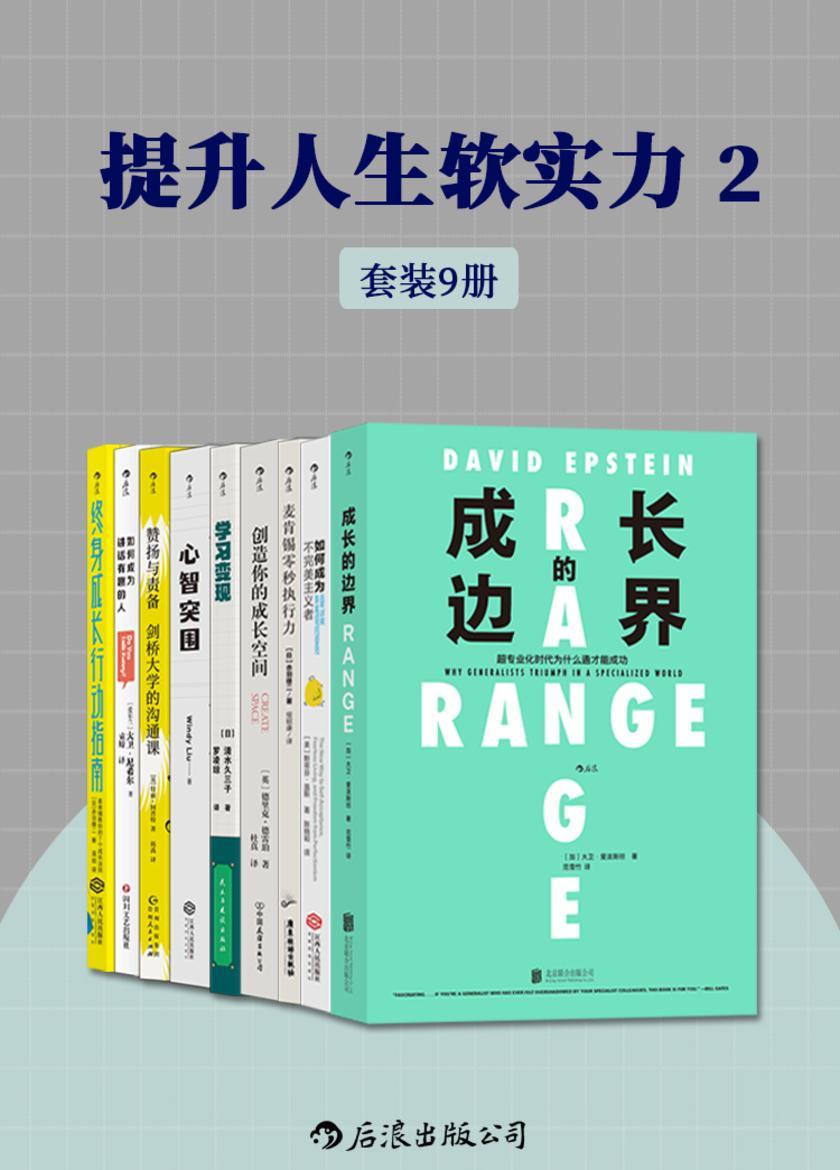
提升人生软实力2(突破成长局限,进一步升级认知、自我精进、发掘潜力以及自我重塑,使自身大放异彩!套装共9册,后浪出品)
¥238.80
这个时代为什么更需要通才? 人类社会的重大突破,大多都是由身兼多能的通才完成的。达尔文之所以能提出伟大的化论,要得益于他广泛求知的精神和博物多闻的能力;“苹果教父”乔布斯也曾表示,苹果电脑的优美字体完全得益于他在大学旁听的书法课。 本书横跨体育、教育、音乐、天文、艺术、科学、商业、医学、职场等领域,用世界上*成功人士的案例总结出不同于主流的成长路径,深剖析过度专业化的弊病,*终对通才在AI崛起时代所具有的重大意义给予肯定。先涉猎后钻研、多方尝试、横向类比思考和坚持自我发现的能力才是这个时代启成功之门的钥匙。 未来社会趋势万变,我们需要把自己锻造成一把多功能的瑞士军刀,用跨界不断拓展能力范围——成长再无边界,未来无尽可能。
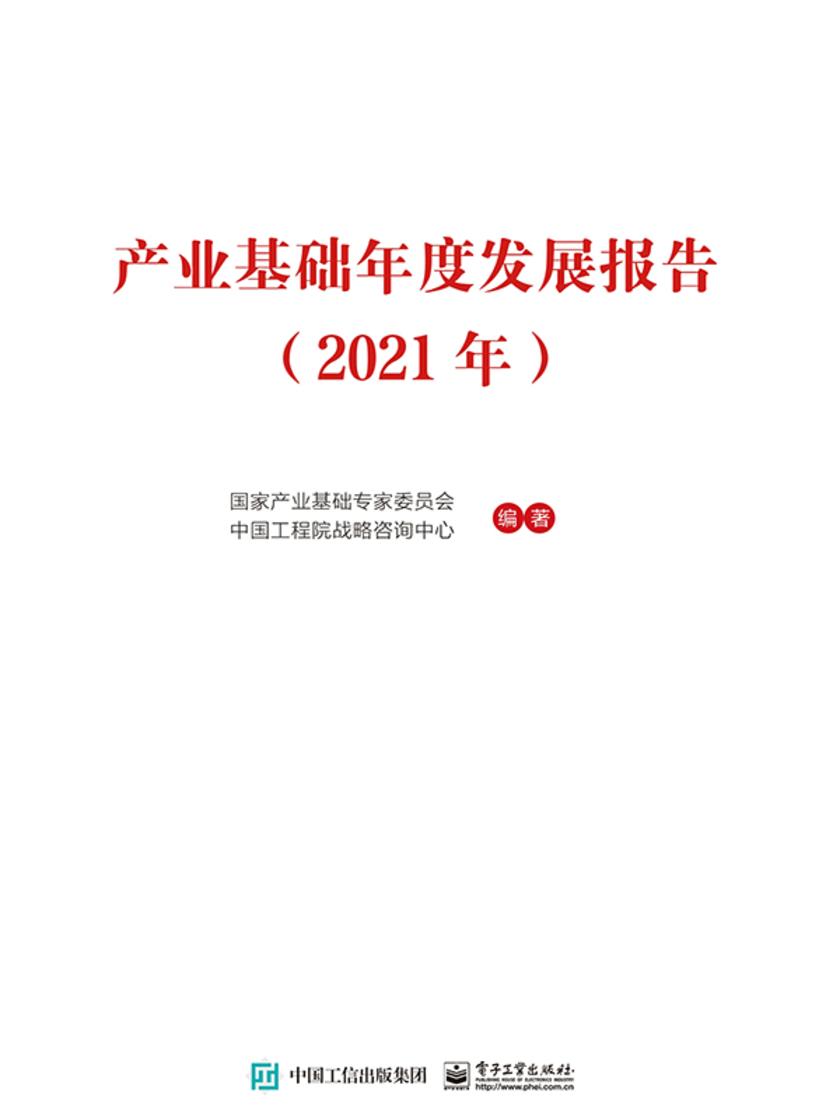
产业基础年度发展报告(2021年)
¥238.80
近年来,产业基础能力得到加强、地位显著提高、支撑能力不断提升、政策体系日趋完善,产业基础从“认知”走到了“共识”。本书系统总结了我国产业基础高级化的展,为好产业基础高级化和产业现代化攻坚战提出了发展路径与建议。全书内容分为4篇,综合篇对我国产业基础发展概况行总结并提出政策建议;国际篇对日本、德国两国产业基础的推行分析;重领域篇围绕节能与新能源汽车、智联网汽车、先轨道交通装备、电力装备、工业母机、机器人、海洋工程装备及高技术船舶、农业机械装备、集成电路及专用设备等重领域,系统介绍“五基”产品和技术展以及国际竞争趋势等;地方篇重分析了宁波市产业基础发展概况和推经验。 本书可供政府部门、制造业企业和研究机构为工业领域的政策制定、管理决策和咨询提供参考,也可供高等院校相关专业师生及其他对工业发展感兴趣的读者阅读。
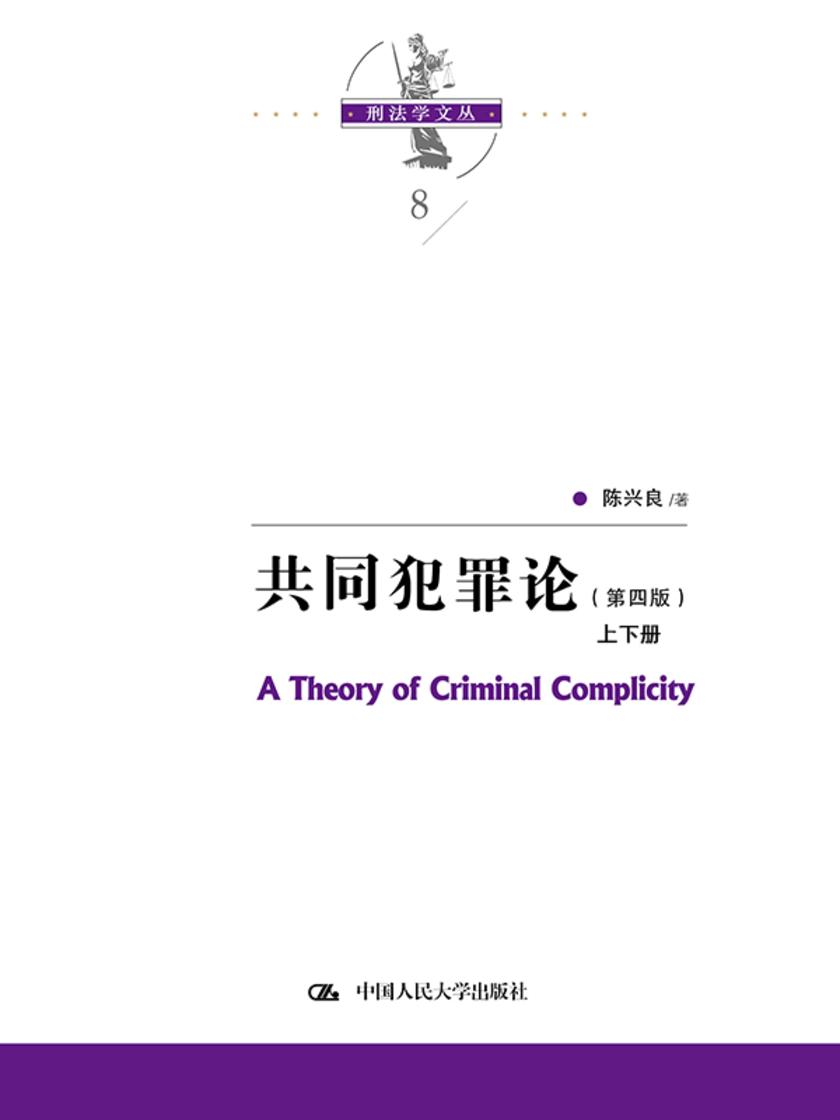
共同犯罪论(第四版)(上下册)
¥238.80
共同犯罪论(第四版)(上下册)
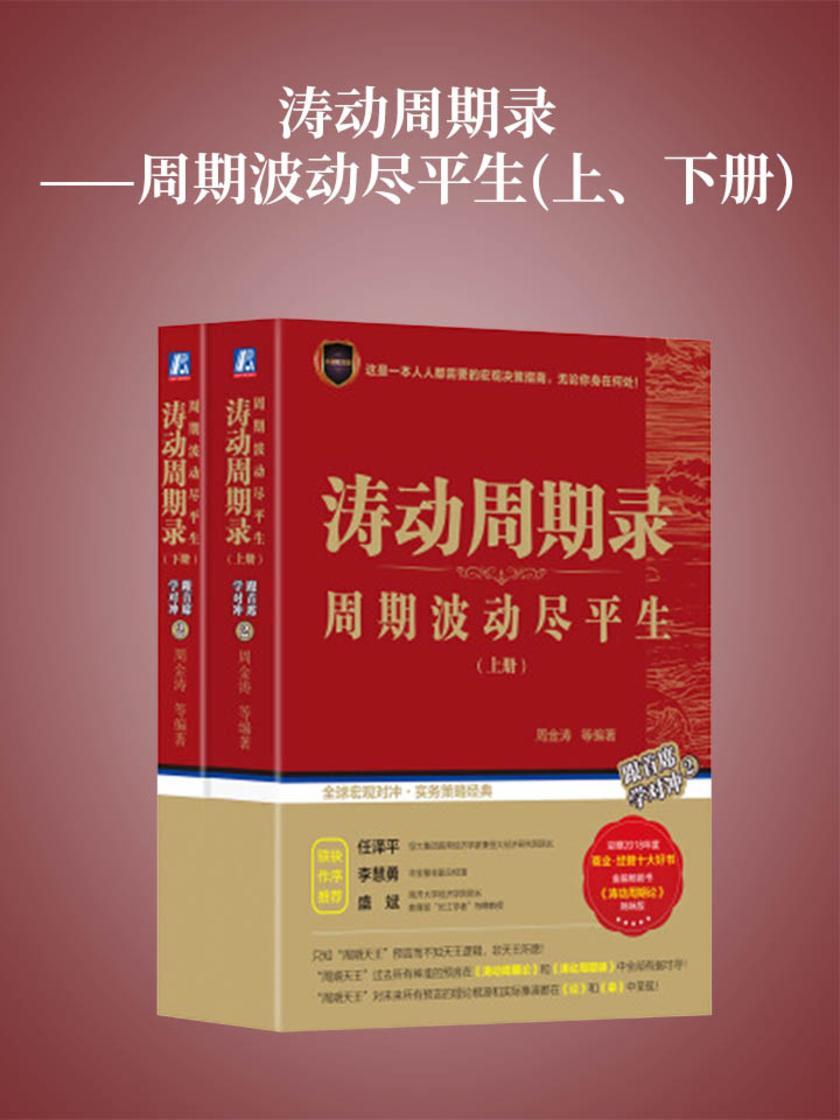
涛动周期录——周期波动尽平生(上、下册)
¥238.50
周金涛先生,中信建投前首席经济学家,中国康波周期理论研究的拓者。作为大师级的策略分析师, 从2008年次贷危机到2016年大宗商品年度反弹, 周金涛先生对于大级别周期运行脉络的把握可谓千古独步, 被人们誉为“周期天王”。本书把周金涛先生的重要报告和研究成果完全按照发表时间的先后排列,以方便读者能够根据当时的社会现实情况把周金涛的预言和研究做一一对应的验证和研究,以更全面更精细地把握周先生独特的思维体系和它的发展历程。书中的内容几乎覆盖了包括股票、商品、美元、黄金以及房地产等在内的所有大类资产类别,他的研究成果使我们社会中每一个微小的个人终于始抬头仰望星空,始首先思考大类资产的战略选择!
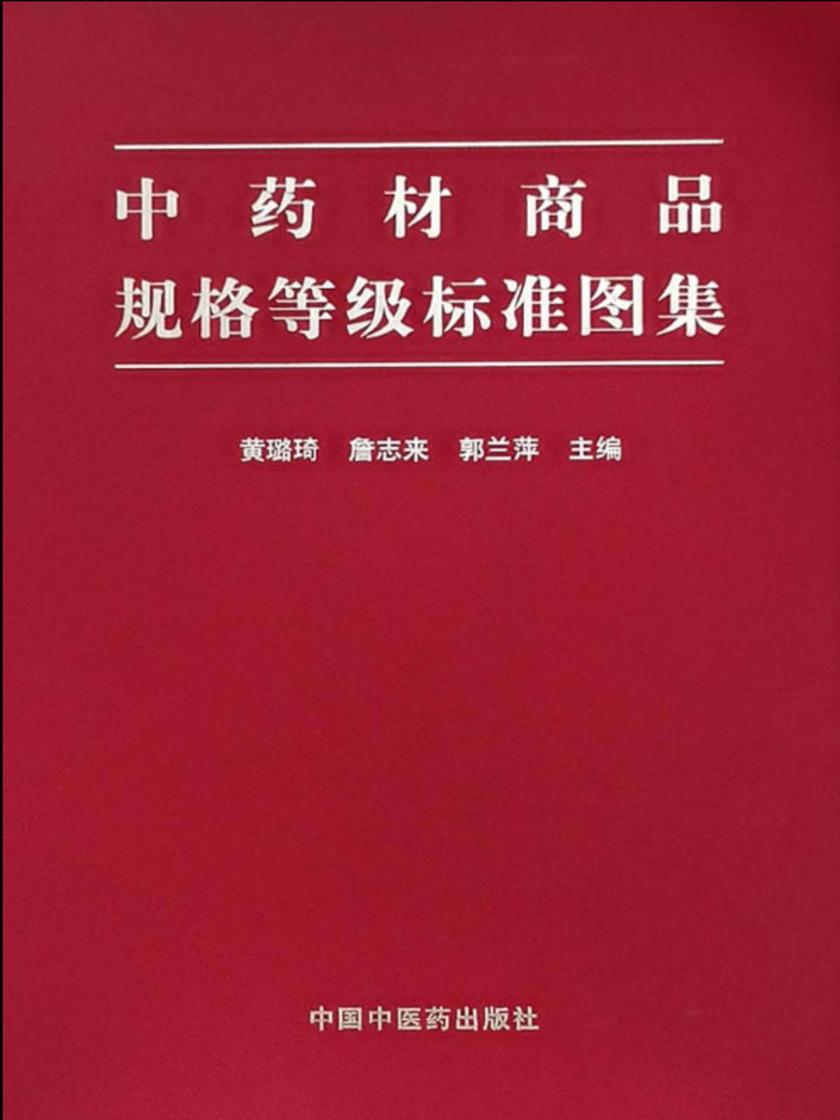
中药材商品规格等级标准图集
¥238.50
中药材商品规格等级标准汇编是中华中医药学会组织相关机构专家团队编制的有关中药材商品规格等级的标准,涉及160余个常用中药材的商品规格标准,便于药材市场按照标准行商品等级规格的管理工作。本汇编已经出版,本图集是该标准汇编配套的药材图谱。
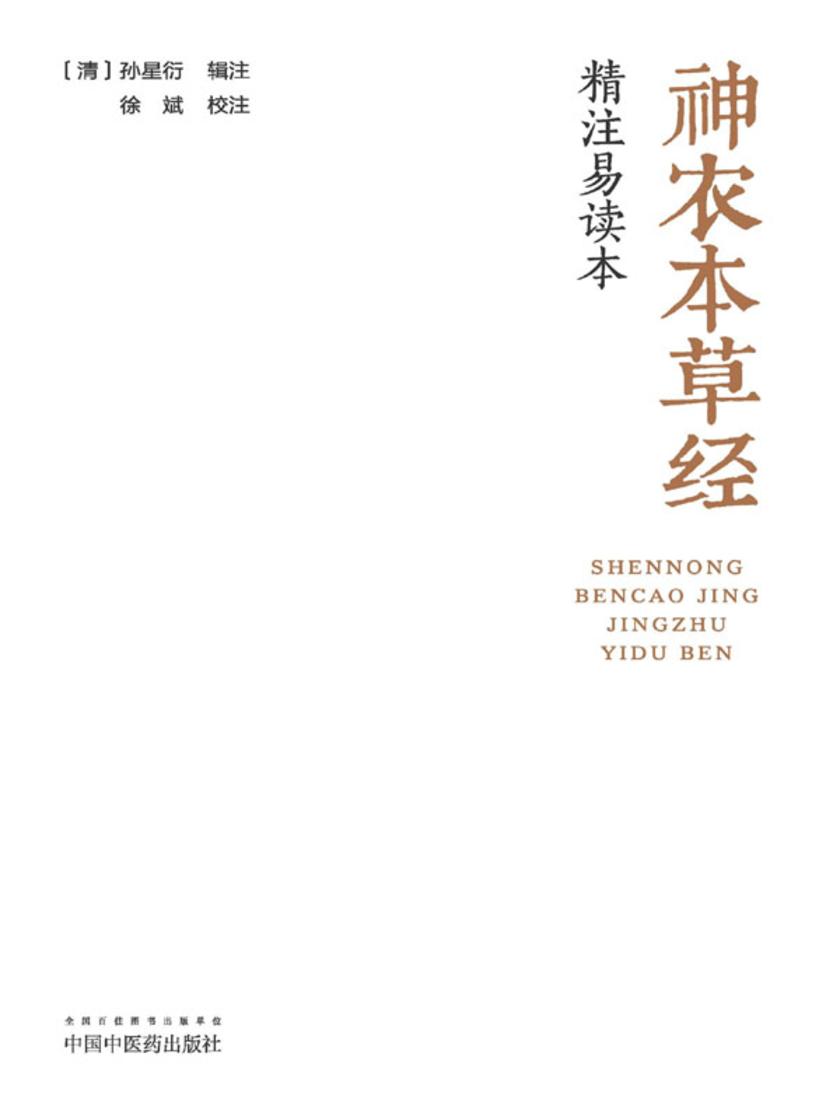
《神农本草经》精注易读本
¥238.50
本书以清?孙星衍《神农本草经》注本的内容为基础,参考清?顾观光辑杨鹏举校注《神农本草经》,按马继兴、尚志钧《神农本草经辑注》的条目重新编序,经仔细辑校注解而成。本书首先对《神农本草经》的每一个条文行了编码(药名Y,其他T)。其次,将注解内容分为:病名(B)、人名(R)、地名(D)、书名(S)并为此行编码,同时对人名、地名、书名行了仔细的考证,并给出简要描述。本书还为难读的汉字标上了拼音。依托笔者多年的计算机、人工智能与网络技术,本书以条文编码与注解编码为基础,构建了一个符合信息化、现代化、系统化要求的《神农本草经》知识体系。笔者期望这种知识体系,可以帮助读者更容易、更彻底地理解《神农本草经》。

图谱中药学
¥238.50
本书特色之处在于尝试采用课件形式出版中药学,配齐了常用500余味中药的植物图、药材图、饮片图等,将性味、功效、临床应用、药物比较等核心内容以PPT形式呈现出来,配齐了每一味中药的拼音、英文名、药学名及拉丁,图文并茂,极大方便中医、中西医结合等专业学生学习中药。
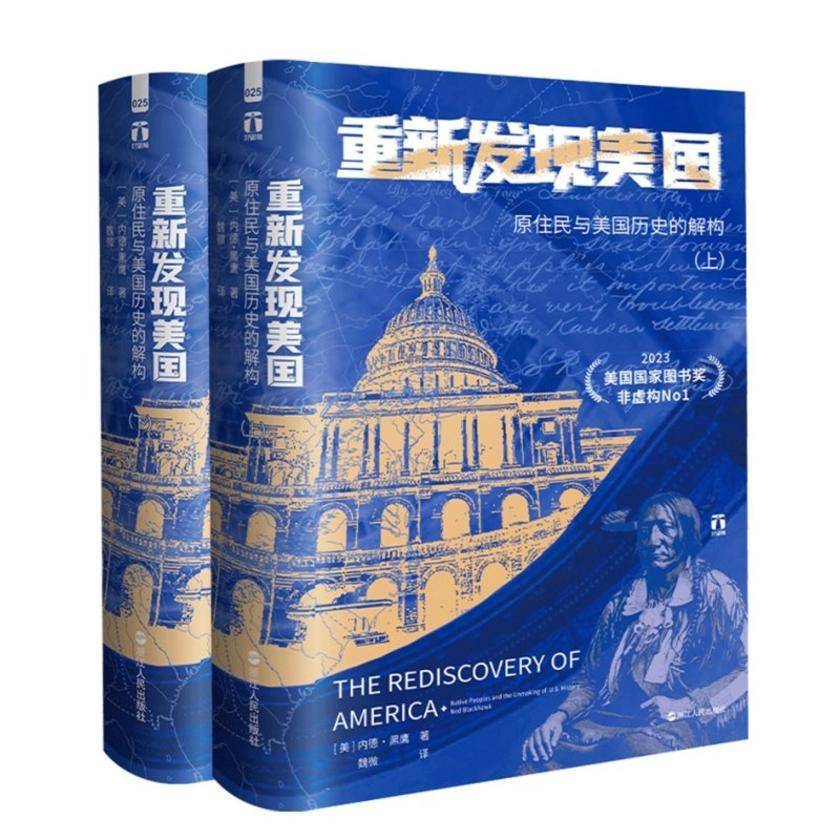
重新发现美国:原住民与美国历史的解构(套装共2册)(好望角丛书)
¥238.00
在美国历史中,美洲土著居民通常被历史学家们忽略,他们要么是白人需要克服的障碍,要么被排除在美国自独立建国到成为强大国家的奋斗史之外,即便美国历史上最持久的印第安人也没多少故事被传颂。不过,近年来这种长期忽视美洲原住民历史的形势正在改变,许多新一代的学者坚持认为,任何完整的美国历史都不应该抹杀美洲原住民尤其是印第安民族为生存和复兴所做的努力。 美国知名历史学家内德·黑鹰将五个世纪美洲的征服者们和原住民的历史交织在一起,从西班牙殖民探险到20世纪末美洲原住民自决的兴起,展现了美洲原住民的光辉事迹,提出一系列引人深思的观,在对美国历史的重述中承认了美洲原住民持久的力量、能动性和生存合法性,对美国两百年的历史行了更真实的描述,使本书成为一部优秀的著作。
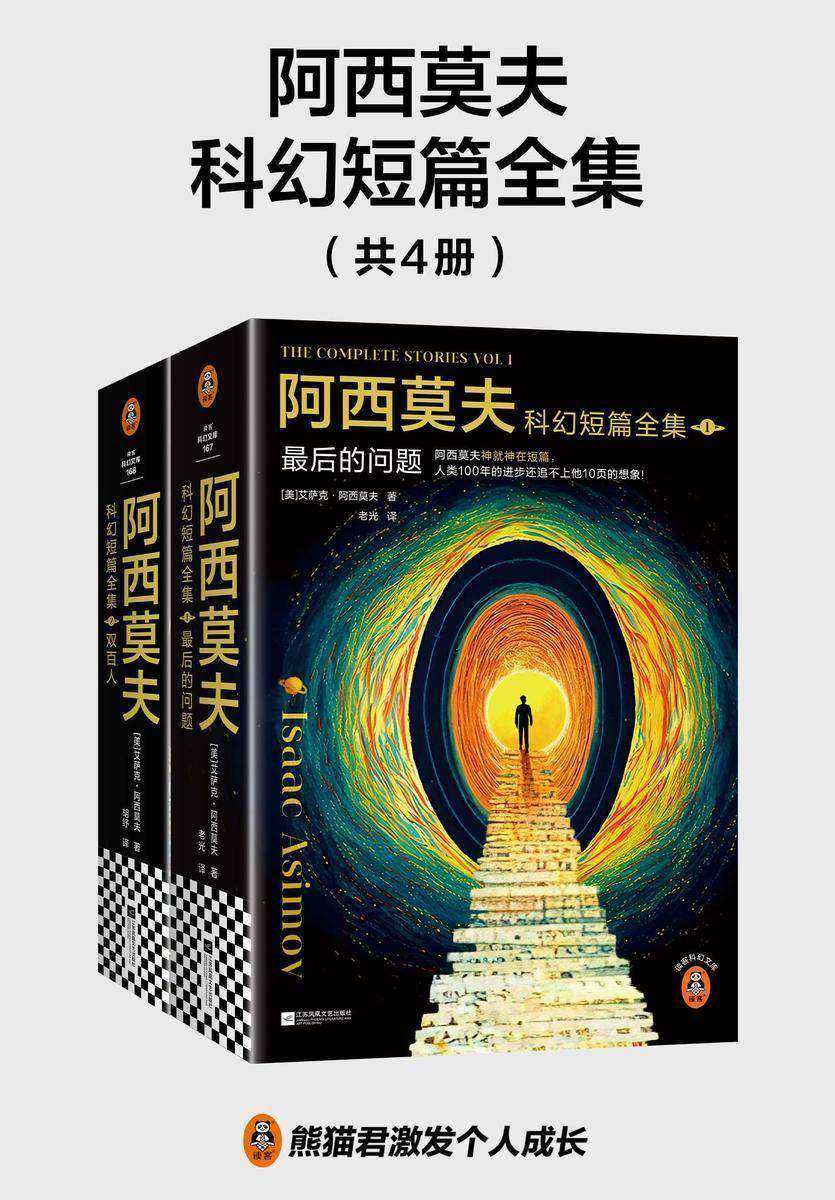
阿西莫夫科幻短篇全集(全4册)
¥238.00
Deepseek的底层逻辑! ◆封神短篇全收录! The Last Question:仅8000字就奠定半个科幻界。刘慈欣xBBC纪录片专题推荐! 《双百人》: 雨果奖x星云奖x轨迹奖,经典电影《机器管家》原著! 《日暮》: 被美国科幻和奇幻作家协会评为“有史以来无法超过的科幻神作”。 《台球》:一篇讲完《三体》核心!原来丁仪的“台球理论”出自这里! ◆!整个AI时代都是阿西莫夫“机器人学三大法则”的展开! 《镜像》:案件陷入僵局,如何利用机器人学三大法则的“漏洞”推理出作案者? 《关键项》:deepseek总显示“服务器繁忙”,可能是因为你的 prompt 里没写“请”。 《女性的直觉 》:人类害怕机器人太智能,于是称其只是具有“女性的直觉”。 《马尔蒂瓦克的生活和时代》:人类不满于AI的统治,摧毁它后却又陷入彷徨……
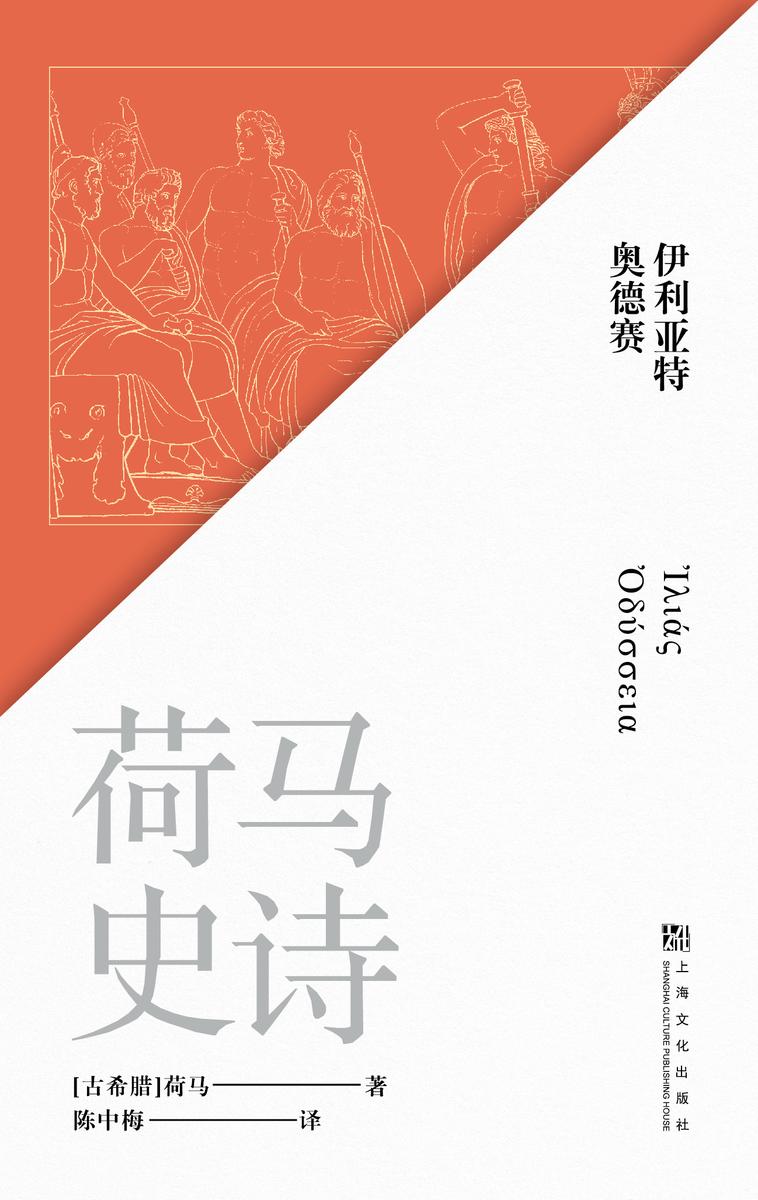
荷马史诗:全八册
¥238.00
荷马史诗是《伊利亚特》和《奥德赛》的统称,是古希腊文学中蕞早的一部史诗,也是欧洲叙事诗的典范。 它极大地影响了从古希腊始的西方文学创造风格,突破了史诗仅限于记史的传统,始关注人物的内心,是诗体小说的山鼻祖。 《伊利亚特》叙述希腊联军围攻特洛伊的故事,以希腊联军主帅阿伽门农与将领阿基琉斯的争吵为核心,集中描写了战争结束前五十天发生的事情。 《奥德赛》叙述奥德修斯在攻陷特洛伊后归国途中十年漂泊、历经艰难终于返乡的故事。
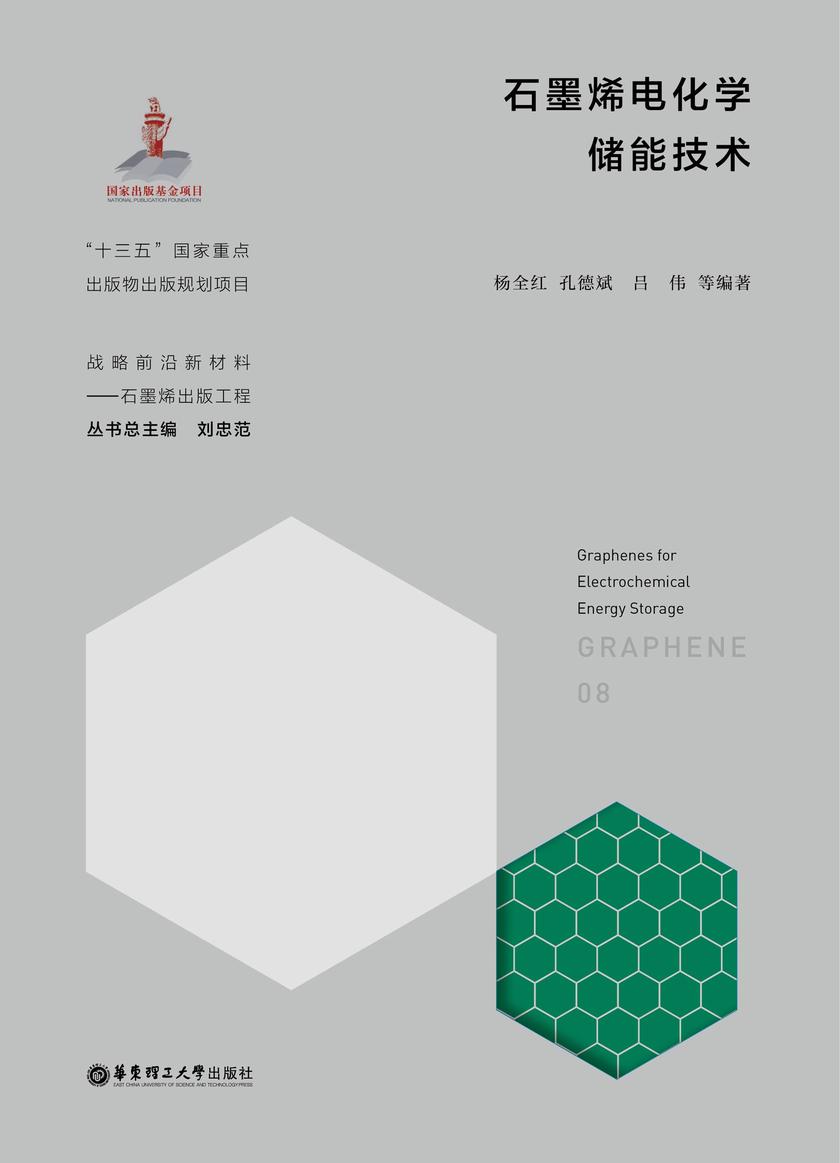
石墨烯电化学储能技术
¥238.00
本书围绕石墨烯在电化学储能技术中的应用,重对超级电容器、锂离子电池、锂硫电池等电化学储能器件中涉及的石墨烯基材料行了介绍,系统阐述了石墨烯在多种电化学储能器件中的角色及功能,给出了一系列石墨烯应用于电化学储能器件的方法、策略和实例。本书共九章,1章为绪论,主要阐述了电化学储能技术的发展现状以及石墨烯应用于电化学储能领域的潜力。第2~6 章分别针对不同的电化学储能器件(超级电容器、锂离子电池、锂硫电池、锂空气电池、钠离子电池)系统阐述石墨烯在其中扮演的角色以及电化学储能用石墨烯基材料的设计策略。第7、8章一步将石墨烯基材料的设计策略拓展到新型储能技术体系,包括锂金属负极等其他电化学储能器件的设计和应用。第9章对石墨烯应用于电化学储能器件的发展机遇和面临的挑战做了系统评述。
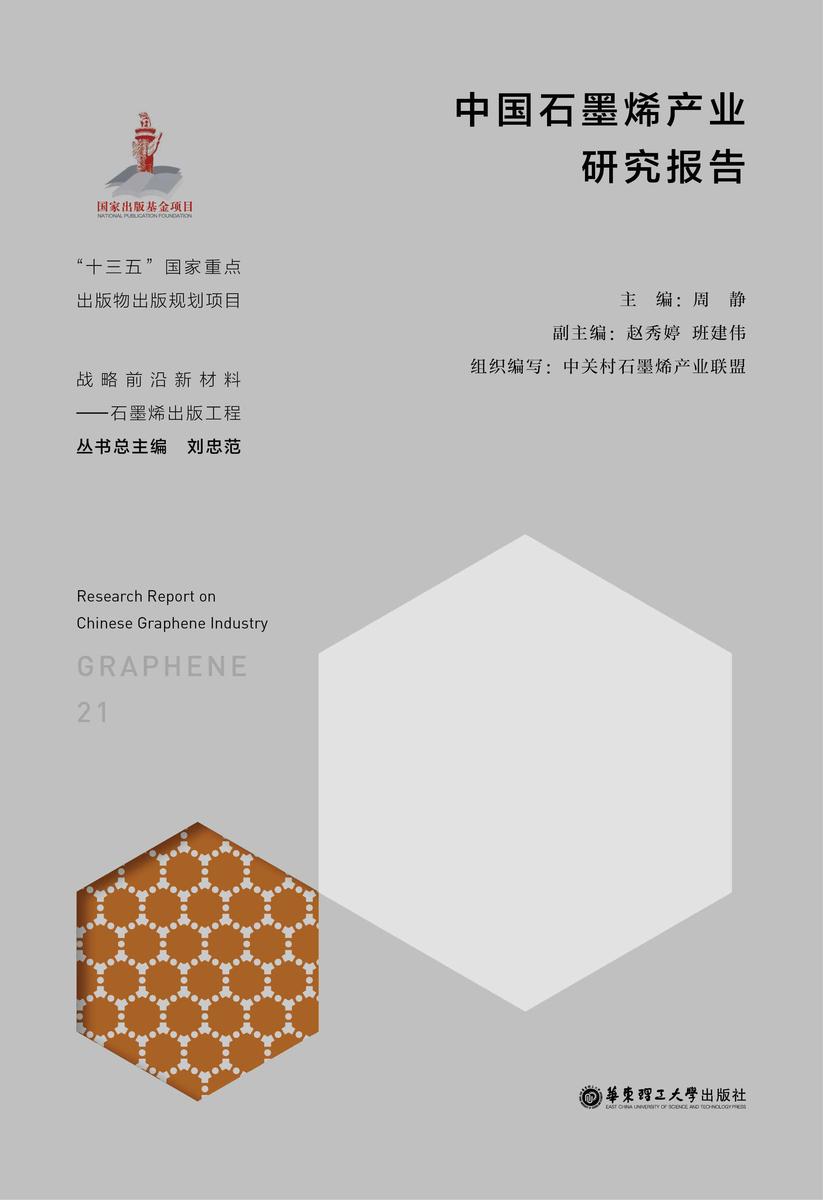
中国石墨烯产业研究报告
¥238.00
本书共分10章,首先概述了石墨烯的基本性质及其制备工艺,然后对我国石墨烯产业的发展脉络行了详细梳理。文中详细分析了国家及地方出台的石墨烯相关政策以及各个石墨烯产业集聚区的特、发展现状及重企业情况,同时对国内重石墨烯产业园和石墨烯相关上市公司的发展情况行了详细介绍。石墨烯专利申请及标准制定情况也是反映产业发展的重要线索,本书对这一部分也行了详细分析,同时书中对当前石墨烯主要应用领域的研究展行了归纳总结,并在此基础上对我国石墨烯产业当前存在的问题行了深分析和探讨,提出了意见和建议,以期为国家和地方石墨烯产业发展与宏观决策提供参考依据。本书可供高等院校化学、材料等专业高年级本科生、研究生以及研究院所科研人员参考和阅读。
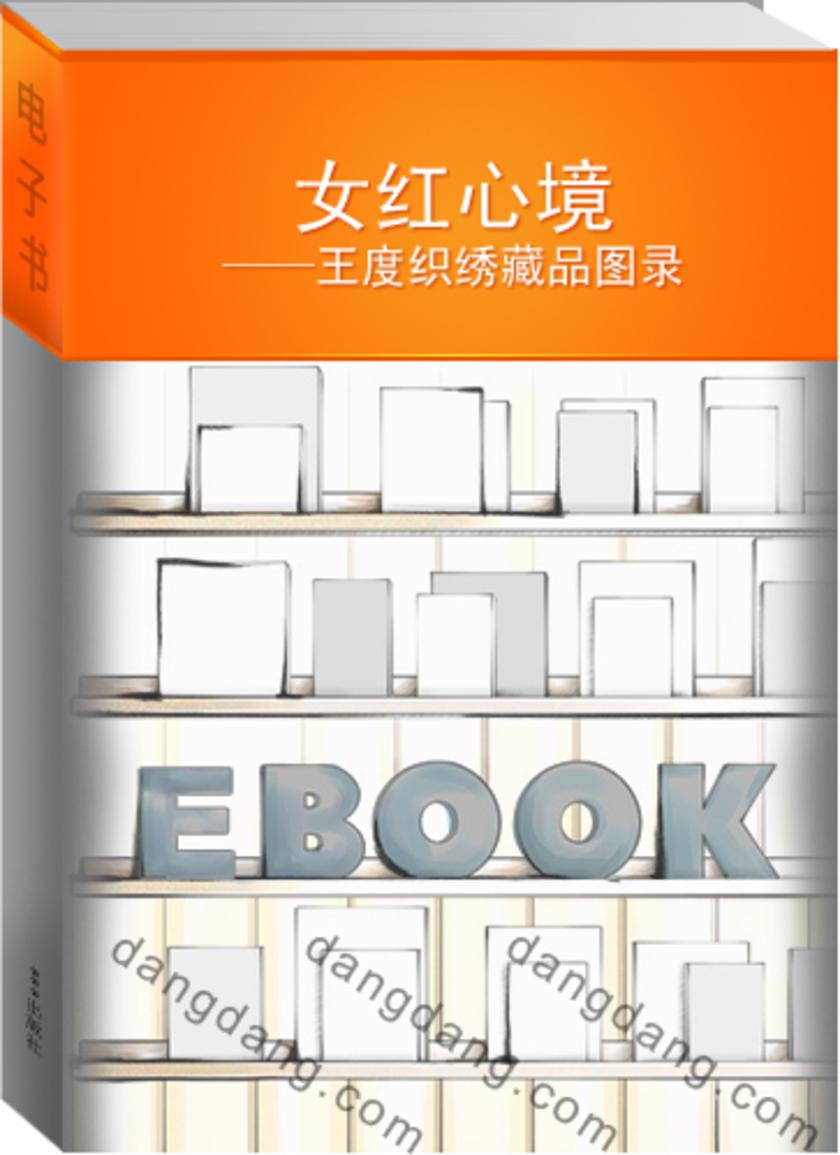
女红心境——王度织绣藏品图录
¥238.00
我一直相信任何事情总离不开一个“缘”字。“织绣”是我个人收藏22 个品项中的一项,其中“蓝绸地平金五彩绣九团龙兽皮里龙袍”和“蓝地缂丝立水龙袍”两件,在当年收藏时就费了一番功夫,此两件藏品陪伴我已有20 余载,今日随同 “蓝地妆花罗云龙暗八仙大襟长袍”、“紫地加金妆花绸云龙暗八仙大襟长袍”、“红缎地戗针绣折枝月季侧褶裙”等其他绣品共295 件一并捐赠给北京清华大学,可说是缘分天注定。同时,可让我的这些收藏品觅得良所,也让后学有缘一睹前清时代皇帝、官宦、巨贾及寻常人家的穿着规矩与时尚品味。我以为这些藏品用在教育上,更是无价之宝。
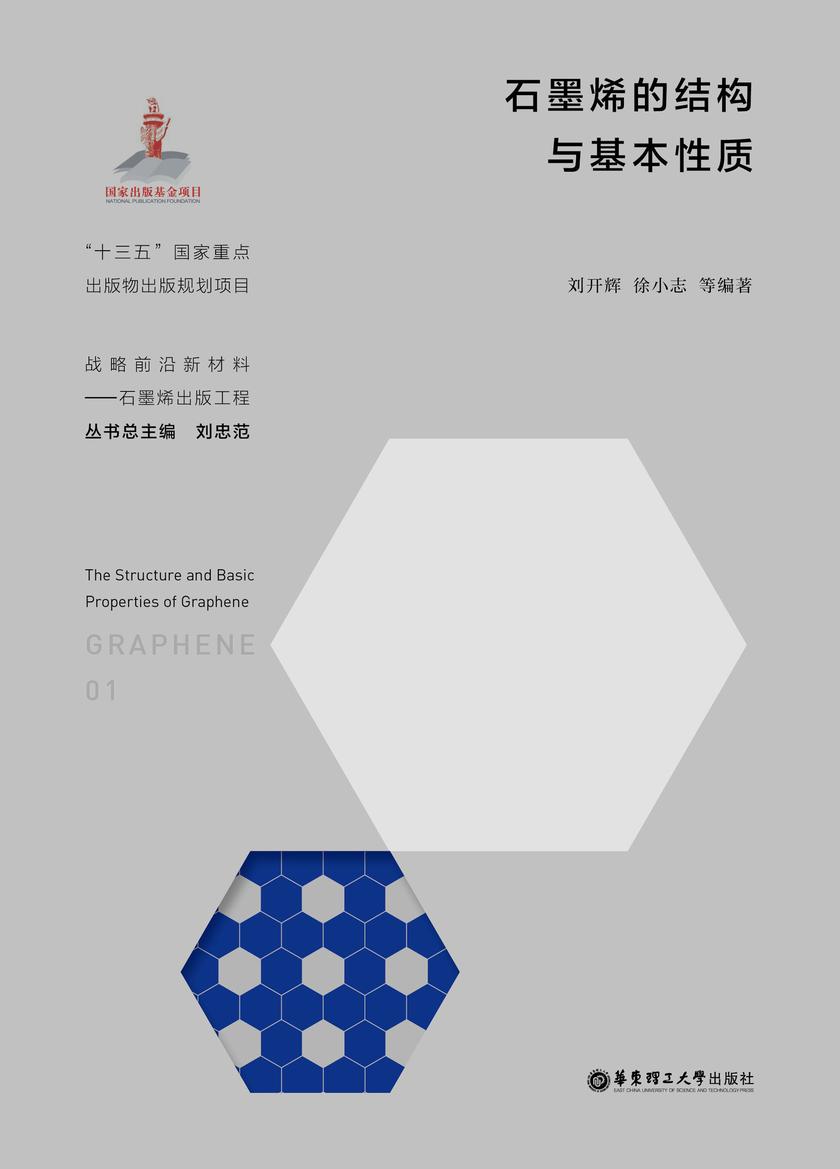
石墨烯的结构与基本性质
¥238.00
本书详细介绍了石墨烯的结构与基本性质,对石墨烯的发展历史、电学性质、光学性质、热学性质、力学性质、化学性质、磁学性质、带隙、异质结、复合结构及电学可调性等各个方面行了介绍。本书可作为高等学校材料相关专业本科高年级学生、研究生的学习用书,以及教师、科技工作者和企业专业技术人员的参考书,尤其对从事石墨烯材料研究的科研人员将具有很好的指导意义。

A Series of Unfortunate Events Collection: Books 4-6
¥237.91
A Warning from the Publisher:Imagine you are wearing a bandage that needs to be removed. Are you the sort of person who tears the bandage right off, causing an enormous amount of pain in a short instanceOr do you prefer to spread your pain out over a longer period of time, by slowly unpeeling the bandage from your injury?If you are the first type of person, then this three-book electronic collection might be for you. All of the misery and woe available in three Lemony Snicket volumes—The Miserable Mill, The Austere Academy, and The Ersatz Elevator—have been joined into one compactly miserable package, so readers foolish enough to read about the Baudelaire orphans can be unnerved in a slightly more economical fashion.If you are the second type of person, then volumes 4 through 6 in A Series of Unfortunate Events might be for you. Even if you unwisely choose to read them at a more leisurely pace, you will encounter such atrocities as poorly paid employees, a hypnotist, an evil scheme, a gym teacher, dripping fungus, another evil scheme, a fake accent, three mysterious consonants, a red herring, and at least one more evil scheme.Of course, most people would prefer not to be injured at all. We salute these sensible people, who will doubtless not purchase any books by Lemony Snicket, no matter how conveniently bundled.

悠斋清吟──悠斋诗词联语初集 中华书局出品
¥237.60
本稿是清华大学首批文科资深教授 万俊人的本诗词集。 万俊人受家学熏陶,传统古典文学,尤其是诗词,融在万俊人骨子里;工作之后,机缘巧合,万俊人拜师范曾学习中国古典文学和诗学,开始旧体诗词的创作。 本稿是万俊人多年诗词创作的次结集,共收录诗57首、词42首、对联78副(句)。这些作品,有的是与师友诗酒唱和,有的是作者感时之作,有的是纪游。作者将其哲学情怀、家国情怀,付诸诗意的文字,生动地诠释了传统诗学中“诗以言志”的命题。因胸有丘壑,学贯中西,又得名师指点,故诗格自高,而又法度雅正,情真韵纯。不失为现当代有较高水准的旧体诗词集。

Kim Harrison Bundle #1
¥237.28
Get the first four novels in Kim Harrison's #1 New York Times bestselling Hollows series as one e-book! This bundle includes Dead Witch Walking, The Good, the Bad, and the Undead, Every Which Way But Dead, and A Fistful of Charms. Discover this great series at a special price!Dead Witch WalkingAll the creatures of the night gather in "the Hollows" of Cincinnati, to hide, to prowl, to party ... and to feed.?Vampires rule the darkness in a predator-eat-predator world rife with dangers beyond imagining — and it’s Rachel Morgan'sjob to keep that world civilized.?A bounty hunter and witch with serious sex appeal and an attitude, she'll bring 'em back alive, dead ... or undead.The Good, the Bad, and the UndeadIt's a tough life for witch Rachel Morgan, sexy, independent bounty hunter, prowling the darkest shadows of downtown Cincinnati for criminal creatures of the night.?She can handle the leather-clad vamps and even tangle with a cunning demon or two. But a serial killer who feeds on the experts in the most dangerous kind of black magic is definitely pressing the limits.?Confronting an ancient, implacable evil is more than just child's play — and this time, Rachel will be lucky to escape with her very soul.Every Which Way But DeadRachel Morgan's back! Bestselling author Kim Harrison returns with a new supernatural adventure that fans of Laurell K. Hamilton and Charlaine Harris won't want to miss.?Some days, you just can't win. Witch and former bounty hunter Rachel Morgan's managed to escape her corrupt company, survive living with a vampire, start her own runner service, and face down a vampire master.?But her vampire roommate Ivy is off the wagon, her human boyfriend Nick is out of town indefinitely and doesn't sound like he's coming back while the far-too-seductive vampire Kisten is looking way too tempting, and there's a turf war erupting in Cincinnati's underworld.?And there's a greater evil still. To put the vampire master behind bars and save her family, Rachel made a desperate bargain and now there's hell to pay—literally. For if Rachel cannot stop him, the archdemon Algaliarept will pull her into the sorcerous ever-after to forfeit her soul as his slave. Forever.A Fistful of CharmsThe evil night things that prowl Cincinnati despise witch and bounty hunter Rachel Morgan. Her new reputation for the dark arts is turning human and undead heads alike with the intent to possess, bed, and kill her — not necessarily in that order.?Now a mortal lover who abandoned Rachel has returned, haunted by his secret past. And there are those who covet what Nick possesses — savage beasts willing to destroy the Hollows and everyone in it if necessary.?Forced to keep a low profile or eternally suffer the wrath of a vengeful demon, Rachel must nevertheless act quickly. For the pack is gathering for the first time in millennia to ravage and to rule. And suddenly more than Rachel's soul is at stake.
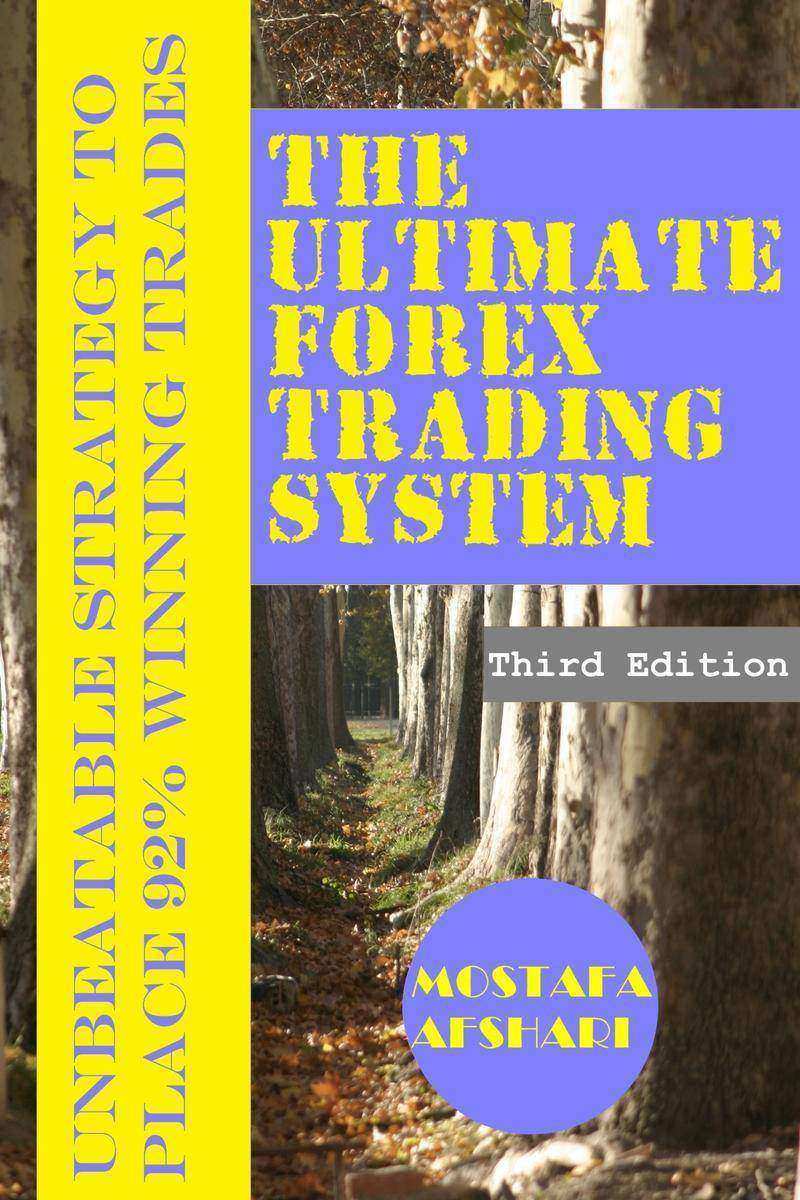
The Ultimate Forex Trading System: Unbeatable Strategy to Place 92% Winning Trad
¥237.08
The Ultimate Forex Trading System: Unbeatable Strategy to Place 92% Winning Trades

中国农村调查(总第61卷.村庄类第30卷.黄河区域第12卷)
¥236.66
本卷收录了两个村庄的调查报告,爪营寨和沈坊前村。两份报告均从村庄由来、自然、经济、社会、文化、治理六方面,重对村庄的传统形态行深描,兼涉其历史变迁与现状,全景式展现了相应地区乡村社会的生产、生活与组织形态,为深了解黄河区域村户社会的底色与特质提供了翔实的一手资料。
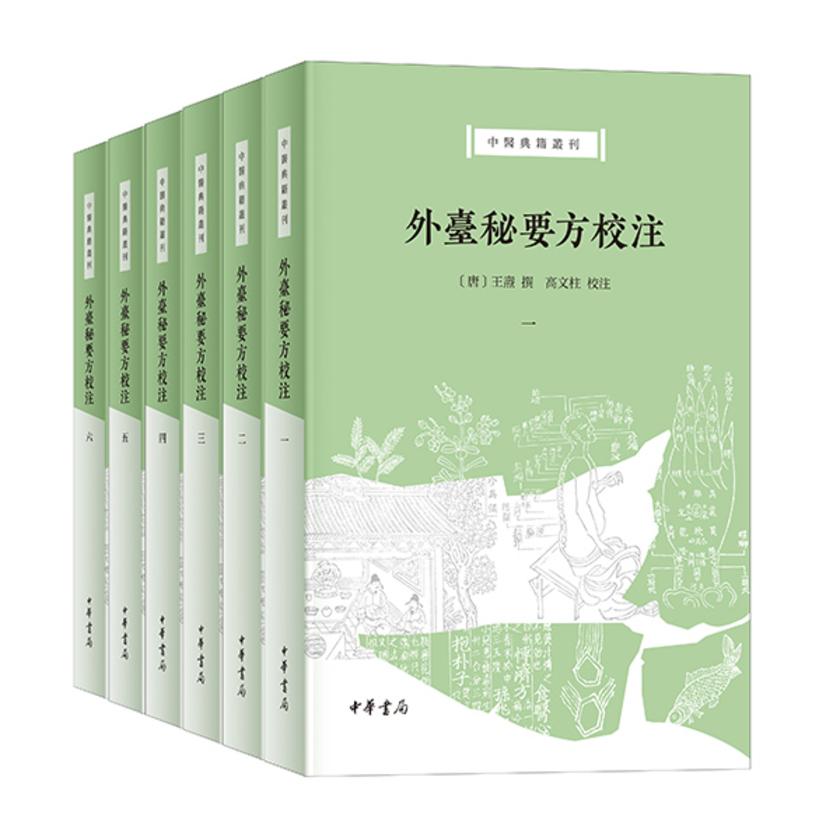
外台秘要方校注(全六册)--中医典籍丛刊【试读本】
免费
《外台秘要方》是继《诸病源候论》和《千金要方》之后的又一中医巨著,为唐以前经验方书之总汇,也是医家临床遣方用药的重要参考资料,在中医学史上占用极其重要的地位。全书40卷,共1094门,记载方、论、法等7000余首,涉及内科、五官、瘿瘤、瘰疬、痈疽、二阴、中恶、金疮、恶疾、大风、妇儿、乳石、明堂灸法、虫兽伤及畜疾等等众多病科。《外台秘要方校注》于1993年首次出版,填补了《外台秘要方》校注、整理之空白,而且对王焘本人及《外台秘要方》的成书因素、编纂方法、版本源流、引用文献等多方面学术问题进行了多层次*的研究与考证,具有开创性,之后也一直是《外台秘要方》主要整理本,被读者广泛接受。此次出版,利用更清晰的底本重新进行校勘,不论文字上还是版式上都尽量保留宋版原貌,同时修正了原校注中的错误,是一次深度的*修订,提升了书的整体质量。
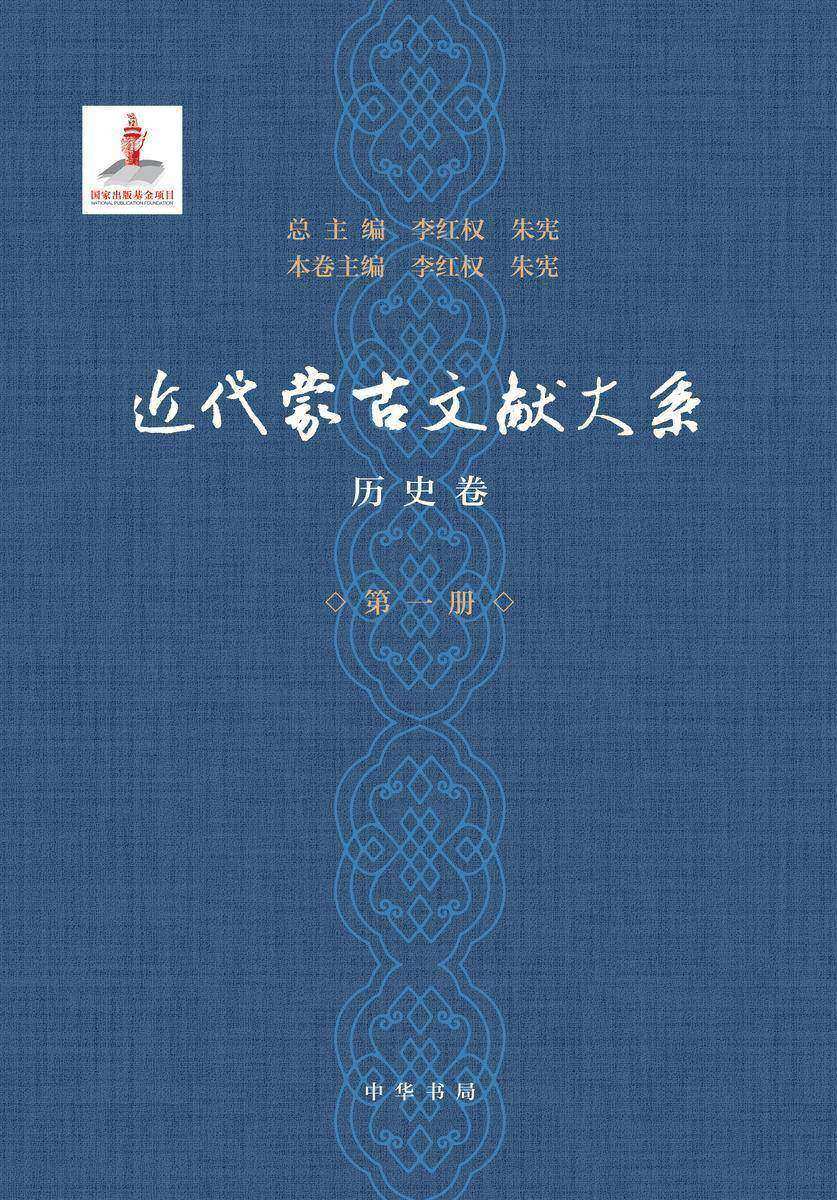
近代蒙古文献大系·历史卷(精)(试读本)
免费
《近代蒙古文献大系》是一部将1840—1949年一百余年中,散见于各种期刊杂志、报纸文摘、回忆录及各类政府公报中有关蒙古的中文文献进行分类编辑而成的史料丛书。历史卷是其中一部分。共收录文献百余篇。内容包括蒙古民族史,民族关系史,制度史,人物研究,史料研究,蒙古族兴衰原因探讨,历代中央政权对蒙政策,蒙古族西征研究,等等,可供近代史研究者、爱好者参考。




 购物车
购物车 个人中心
个人中心



